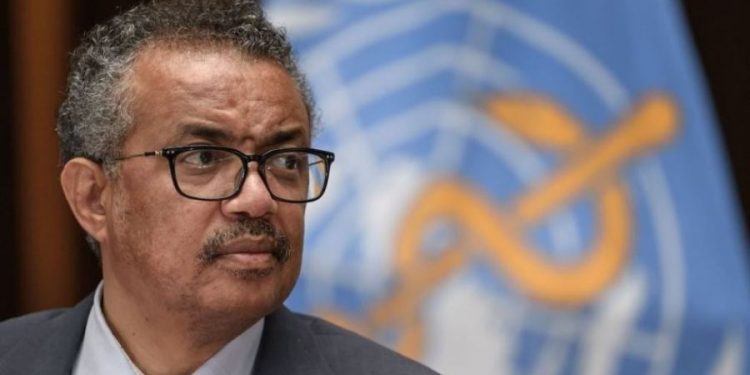Over a thousand monkeypox cases have been identified in dozens of countries where the disease is not endemic, according to the World Health Organization (WHO), with some indications that cases are community transmissions.
“More than one thousand confirmed cases of monkeypox have now been reported to WHO from 29 countries that are not endemic for the disease. So far, no deaths have been reported in these countries,” WHO Director-General Tedros Adhanom Ghebreyesus said in a briefing on Wednesday.
Most of these cases have been found in men who have sex with men, though Tedros stressed that the disease was not exclusively found in this demographic, with some cases now reported among women.
Soon after the outbreak of monkeypox cases in western countries was observed, European health authorities posited that the cases in men who have sex with men could be linked to gay raves that took place in multiple European countries.
Many of the cases that have been detected in the U.S. have been found among patients who recently travelled internationally.
“The sudden and unexpected appearance of monkeypox in several non-endemic countries suggests that there might have been undetected transmission for some time. How long, we don’t know,” Tedros said on Wednesday, adding that there was a “real” risk that monkeypox could become established in non-endemic countries.
The WHO chief stressed that this outcome was avoidable if countries worked to control the outward spread of monkeypox through the identification of cases and possible contacts.
Health officials in both Europe and the U.S. have so far maintained that the risk monkeypox poses to the public is low, though the Centers for Disease Control and Prevention (CDC) elevated their travel advisory for monkeypox to a Level 2 concern this week.
During his briefing, Tedros also noted that over 1,400 suspected monkeypox cases have been detected in Africa this year as well as 66 deaths from the disease. After the outbreak in the West began, some international observers criticized the apparent double standard of concern over monkeypox, a disease that has affected central and western African countries for decades.
“This virus has been circulating and killing in Africa for decades. It’s an unfortunate reflection of the world we live in that the international community is only now paying attention to monkeypox because it has appeared in high-income countries,” said Tedros.















